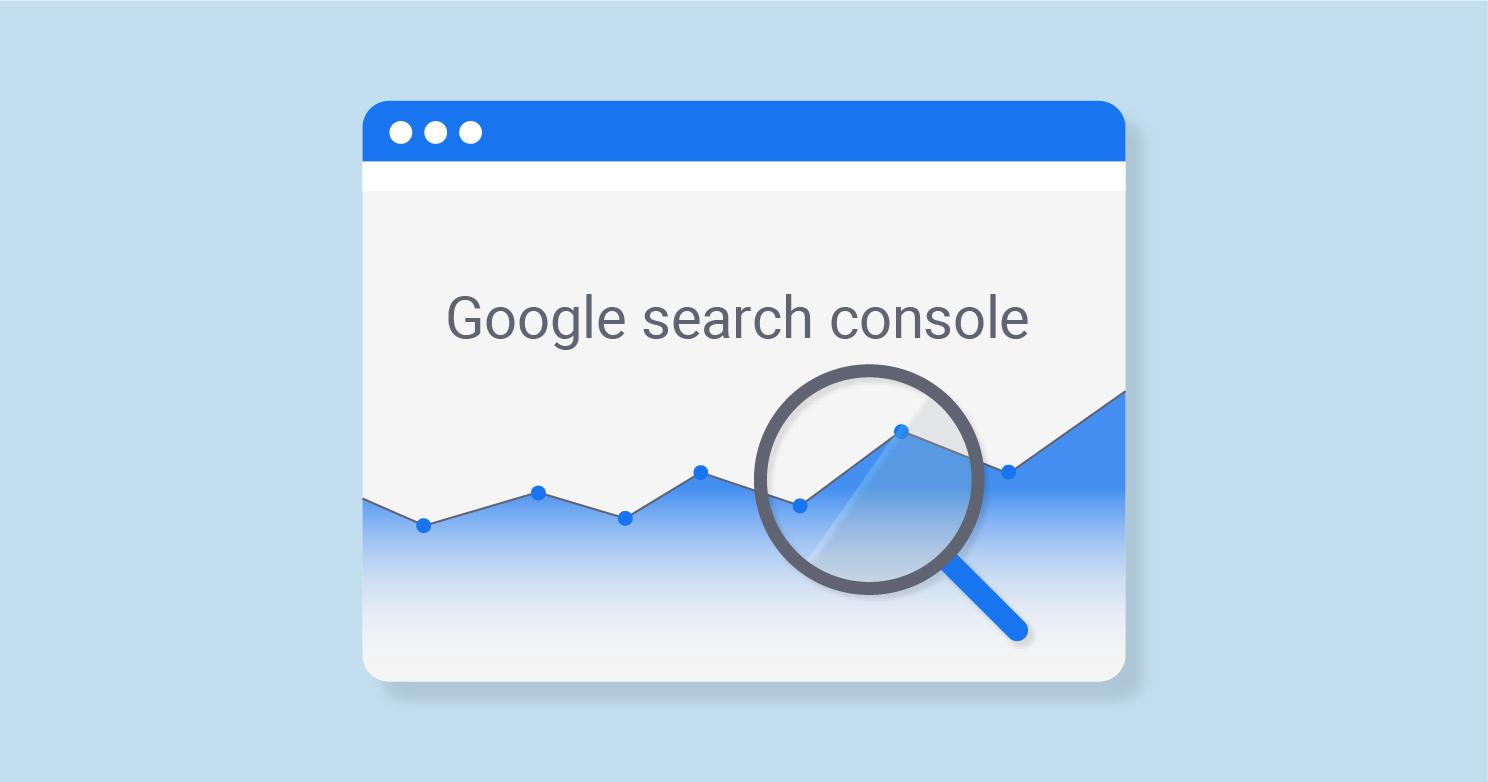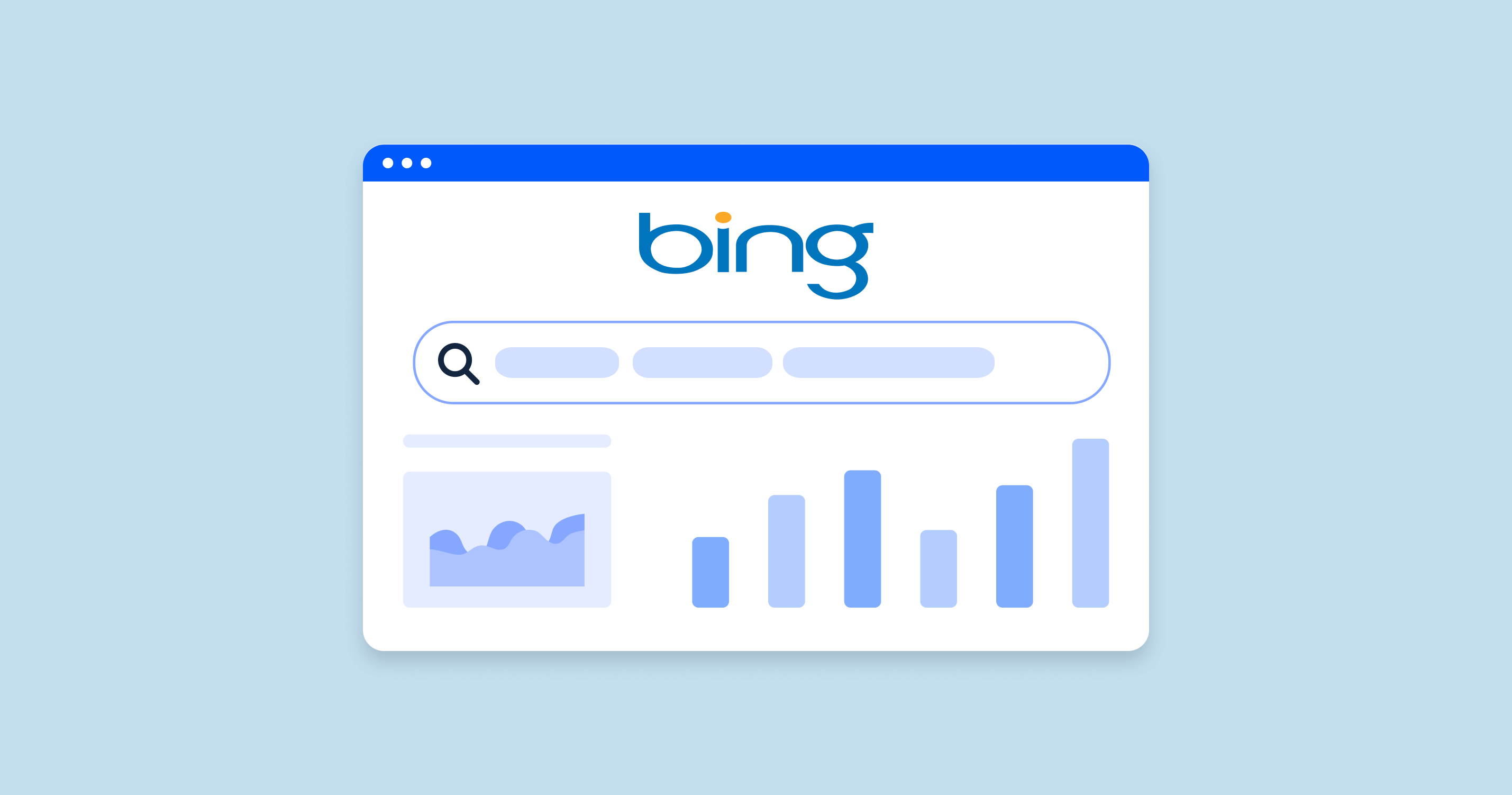What is Social SEO?
Social SEO refers to the practice of using social media activities to enhance a website’s organic search results. The convergence of social media and SEO strategies aims to boost online visibility, drive traffic, and enhance the user’s experience. This chapter delves into the intricate relationship between social media practices and search engine optimization, elucidating how the two can work in tandem for maximal online impact.
At the core of Social SEO lies the understanding that social signals, such as likes, shares, and comments, play a pivotal role in a website’s SEO ranking. Search engines perceive these social interactions as indicators of quality content, which can, in turn, lead to higher rankings in search results. Furthermore, Social SEO emphasizes the importance of creating shareable content that resonates with the audience, encouraging social engagement and increasing the content’s reach.
The integration of social media profiles and SEO also enhances brand visibility and reputation. A strong social media presence contributes to building a brand’s authority, which is a critical factor in SEO rankings. Social SEO strategies also include optimizing social media profiles and content with relevant keywords, ensuring consistency across various platforms, and integrating social sharing buttons on a website, all of which contribute to improved SEO performance.
To effectively leverage Social SEO, it is crucial to understand the algorithms of different social media platforms and how they interact with search engine algorithms. This chapter will provide insights into these algorithms, offer best practices for optimizing content, and highlight case studies demonstrating the successful integration of social media and SEO strategies.
Social SEO is a multifaceted approach that requires a synergistic integration of social media and SEO strategies. By harnessing the power of social interactions and optimizing content for both social and search, businesses can enhance their online visibility, drive traffic, and establish a robust digital presence.
10 Reasons Why Social Media is Important in SEO
In today’s digital landscape, the integration of social media and SEO is crucial for a comprehensive online strategy. This chapter explores ten significant reasons why social media plays a pivotal role in enhancing SEO efforts, driving traffic, and improving online visibility.
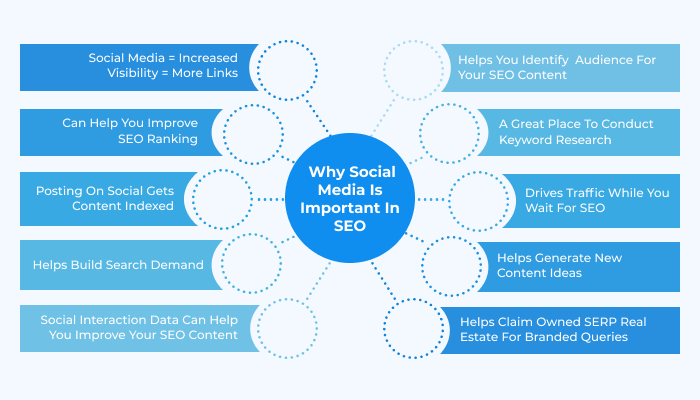
1. Social Media = Increased Visibility = More Links
Social media platforms are excellent channels for content distribution, reaching a broad audience and increasing the visibility of your content. As more people share and link to your content, it gains authority in the eyes of search engines, leading to improved SEO rankings.
2. Social Can Help You Improve SEO Ranking Signals
Search engines take social signals like shares, likes, and comments into account when ranking content. A strong social presence and high engagement levels indicate to search engines that your content is valuable and relevant, positively impacting your SEO.
3. Posting on Social Gets Content Indexed Quicker
When content is shared widely on social media, it attracts attention, including from search engine bots. This can lead to faster indexing of your content, making it appear in search results more quickly.
4. Social Interaction Data Can Help You Improve Your SEO Content
Analyzing social interaction data provides insights into what content resonates with your audience. Use this data to refine and optimize your content for better engagement and SEO performance.
5. Social Media Helps Build Search Demand
As you establish a strong social media presence and share valuable content, you create interest and curiosity around your brand and offerings. This increased awareness can lead to more searches for your brand or related topics, contributing to SEO success.
6. Social Media Helps You Identify the Audience for Your SEO Content
Understanding your audience is crucial for SEO. Social media platforms offer robust analytics tools that provide demographic and behavioral data, helping you tailor your SEO content to your target audience’s preferences and needs.
7. Social Media is a Great Place to Conduct Keyword Research
By monitoring conversations and trends on social media, you can identify popular keywords and topics in your industry. Integrating these keywords into your SEO strategy can improve your content’s relevance and search engine rankings.
8. Social Media Can Help You Generate New Content Ideas
Engaging with your audience on social media provides a wealth of ideas for new content. Audience questions, comments, and feedback are valuable sources of inspiration for content that addresses their needs and interests.
9. Social Helps You Claim Owned SERP Real Estate for Branded Queries
A strong social media presence ensures that your profiles rank in search engine results pages (SERPs) for branded queries. This not only increases your visibility but also helps in controlling your online narrative.
10. Social Drives Traffic While You Wait for SEO
SEO is a long-term strategy, and results may take time. Meanwhile, social media can drive immediate traffic to your website, providing a valuable source of visitors and potential conversions while you work on improving your SEO.
In summary, social media is an indispensable tool in the SEO arsenal. Leveraging its power can lead to increased visibility, better engagement, and ultimately, a stronger SEO presence.
John Mueller, a Google Webmaster Trends Analyst, has shared some insights about SEO in social media on Twitter. He has said that social media signals are not a direct ranking factor, but they can have an indirect impact on SEO by helping to build brand awareness and drive traffic to your website.
In a 2023 tweet, Mueller said that social media can be a “great way to connect with your audience and build relationships.” He also said that social media can help to “drive traffic to your website, which can lead to more backlinks and other ranking signals.”
However, Mueller has also cautioned against focusing too much on social media for SEO. In a 2023 tweet, he said that social media is “just one piece of the puzzle” and that it is important to focus on creating high-quality content and building a strong backlink profile.
Here are some specific things that Mueller has said about SEO in social media on Twitter:
- Social media signals are not a direct ranking factor, but they can have an indirect impact on SEO.
- Social media can be a great way to build brand awareness and drive traffic to your website.
- Social media can help to improve your website’s click-through rate (CTR), which is a ranking factor.
- Social media can help you to build relationships with other websites, which can lead to backlinks.
- Social media can help you to identify trends and topics that people are interested in, which you can then write about on your website.
Overall, Mueller’s advice on SEO in social media is to focus on using social media to build relationships with your audience and drive traffic to your website. However, he also cautions against focusing too much on social media for SEO.
The Importance of SEO for Social Media
Leveraging SEO techniques in social media not only enhances your online presence but also ensures that your content reaches the right audience. This chapter delves into the symbiotic relationship between SEO and social media, highlighting how SEO practices can significantly amplify your social media efforts.
1. Keyword Research Tells You What Your Followers Want
Conducting keyword research is a fundamental SEO practice that provides insights into the topics and terms your target audience is searching for. Applying these insights to your social media content ensures that you are creating relevant and engaging posts that resonate with your audience, ultimately leading to higher engagement rates.
2. SEO Best Practices Enable Social Search Success
Social media platforms have their own search engines, and applying SEO best practices helps your content rank higher in these internal search results. Utilizing relevant keywords, optimizing your profile, and creating shareable content are key strategies to ensure your social media pages are easily discoverable by users interested in your niche.
3. Technical SEO Leads to Better Social Performance and Tracking
Implementing technical SEO practices, such as optimizing page load speed and ensuring mobile-friendliness, enhances the user experience on your social media profiles and linked content. Additionally, proper tracking and analytics setup allow you to measure the performance of your social media campaigns, providing valuable data to refine and optimize your strategy.
8 Best Platforms for Social Media SEO
Social media SEO is not a one-size-fits-all endeavor. Different platforms offer unique opportunities and challenges. This chapter provides an overview of the top platforms for social media SEO, offering insights on how to optimize your presence on each.
1. YouTube
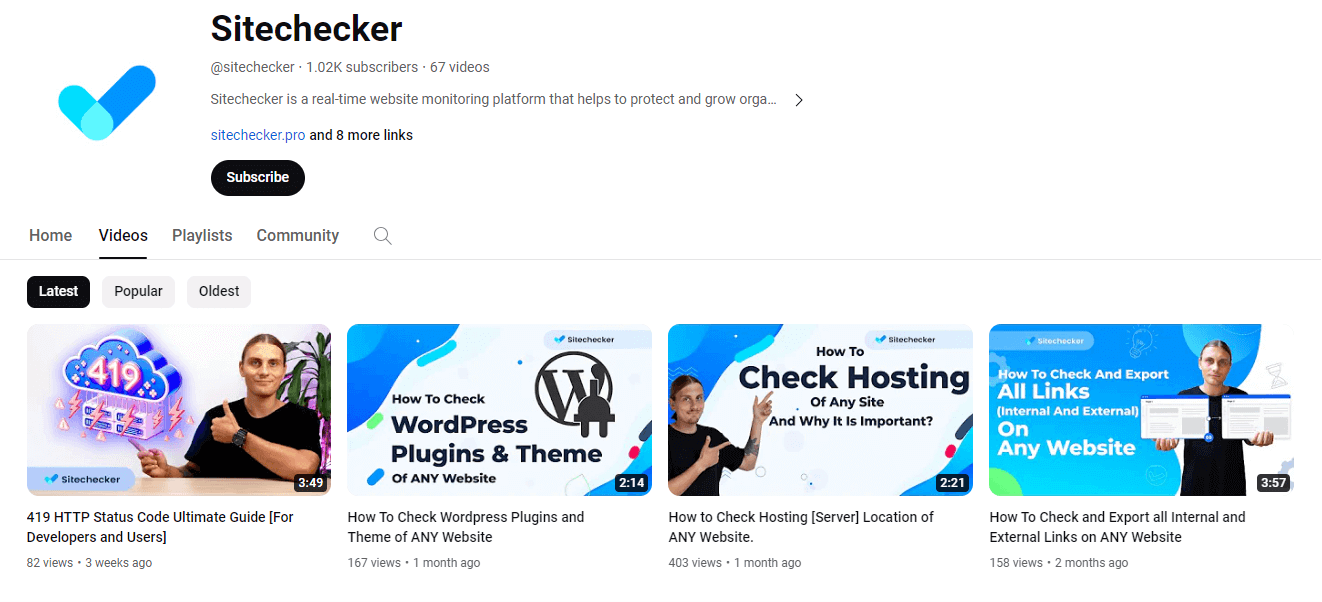
As the second largest search engine in the world, YouTube presents significant opportunities for social media SEO. Optimizing your video titles, descriptions, and tags with relevant keywords can dramatically increase your content’s visibility.
YouTube Videos Often Rank in Google Results
YouTube’s integration with Google allows your videos to appear in search engine results pages, providing an additional channel for visibility. Ensuring your YouTube content is SEO-optimized enhances the likelihood of ranking in Google’s results.
YouTube’s Search Function Is Quite Popular
YouTube’s internal search function is widely used, and optimizing your videos for relevant keywords ensures they are discoverable by users searching within the platform. Engaging content that encourages likes, comments, and shares further boosts your video’s visibility.H3 2. X
2. Instagram
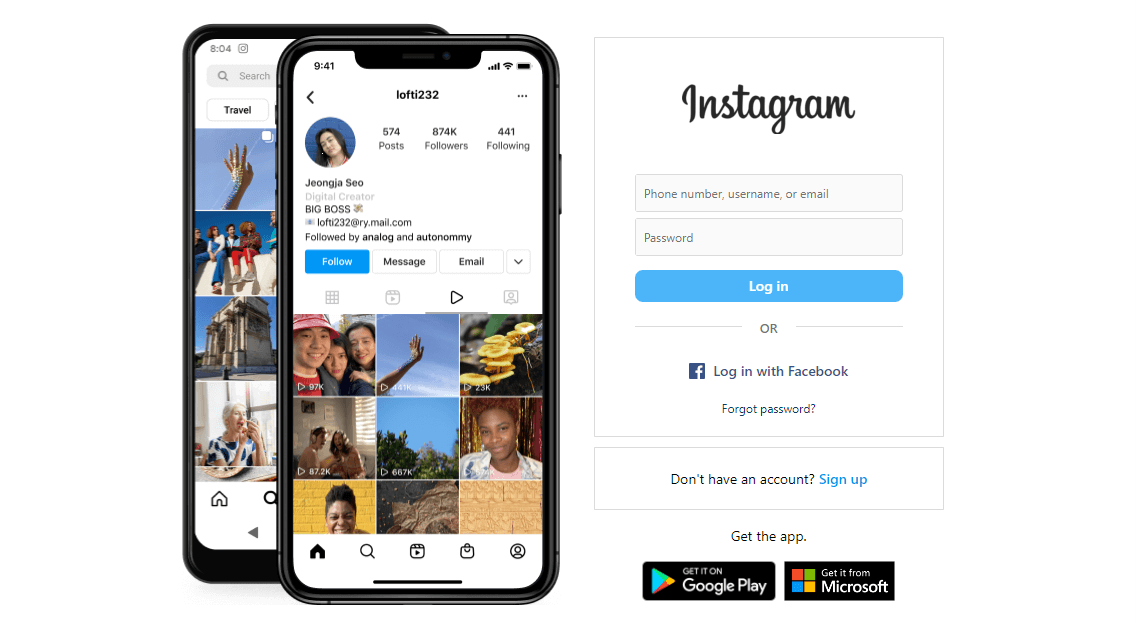
Instagram, with its visually-driven content, is a powerhouse for brands looking to engage with a younger demographic. Utilizing hashtags effectively acts as a form of SEO, making your content discoverable to those interested in specific topics. Ensuring your profile is complete and your content is consistently high-quality and relevant will help in building a strong presence on this platform.
3. Facebook
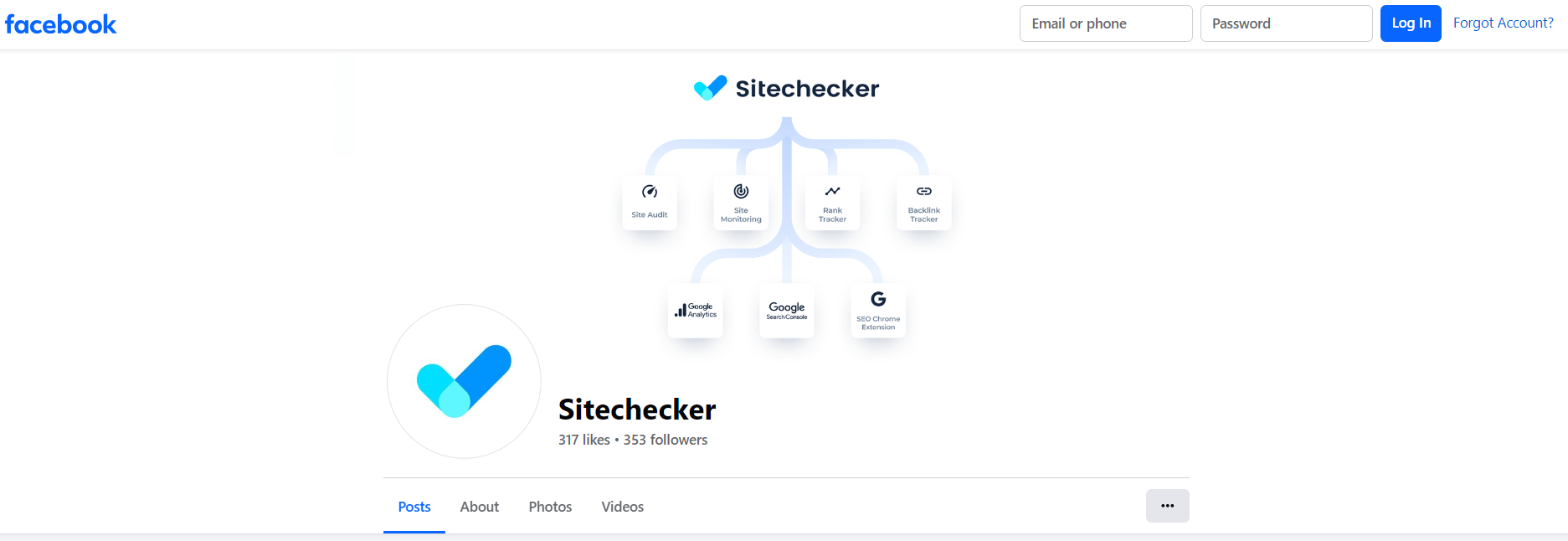
As one of the largest social media platforms, Facebook offers a vast audience for your content. Utilizing Facebook’s native search engine requires optimizing your page information, posts, and even images with relevant keywords. Engaging with your audience through comments and messages also boosts your visibility on this platform.
4. LinkedIn
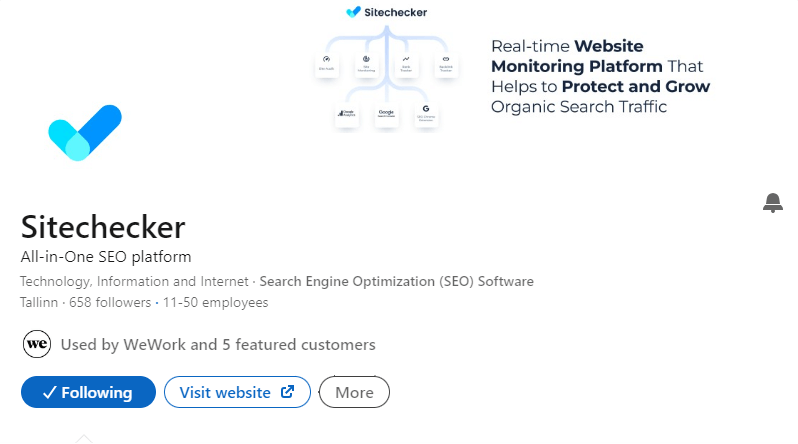
LinkedIn is the go-to platform for professionals and B2B marketing. SEO on LinkedIn involves optimizing your profile with relevant keywords, particularly in your headline and summary, and consistently publishing high-quality content that showcases your expertise. Engaging with other users’ content and participating in groups also enhances your visibility.
5. Pinterest

Pinterest functions as a visual search engine, making it crucial to optimize your pins with descriptive titles and descriptions that include relevant keywords. Utilizing boards to categorize your content and adding text overlays to your images can also enhance discoverability on this platform.
6. Reddit
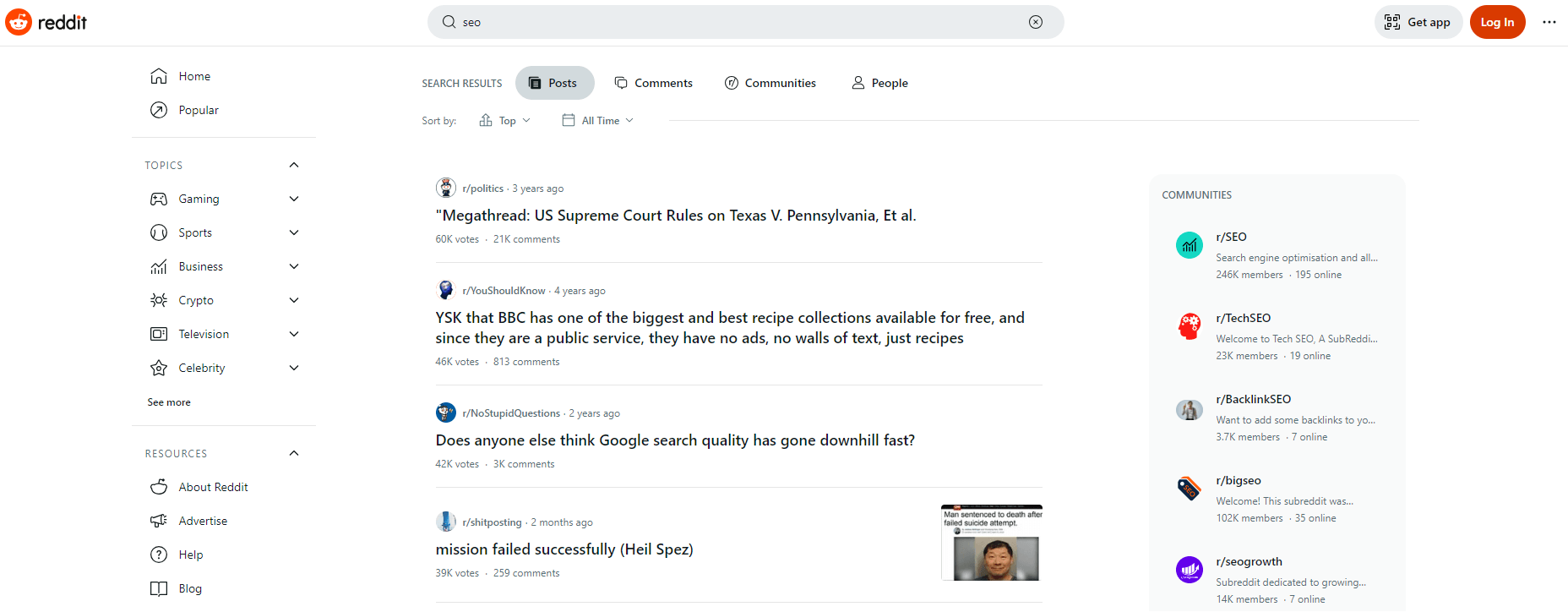
Reddit, known for its community-driven content, requires a more nuanced approach. Participating authentically in relevant subreddits and providing valuable content can drive traffic to your site. However, overly promotional content is often frowned upon, so striking the right balance is key.
7. TikTok
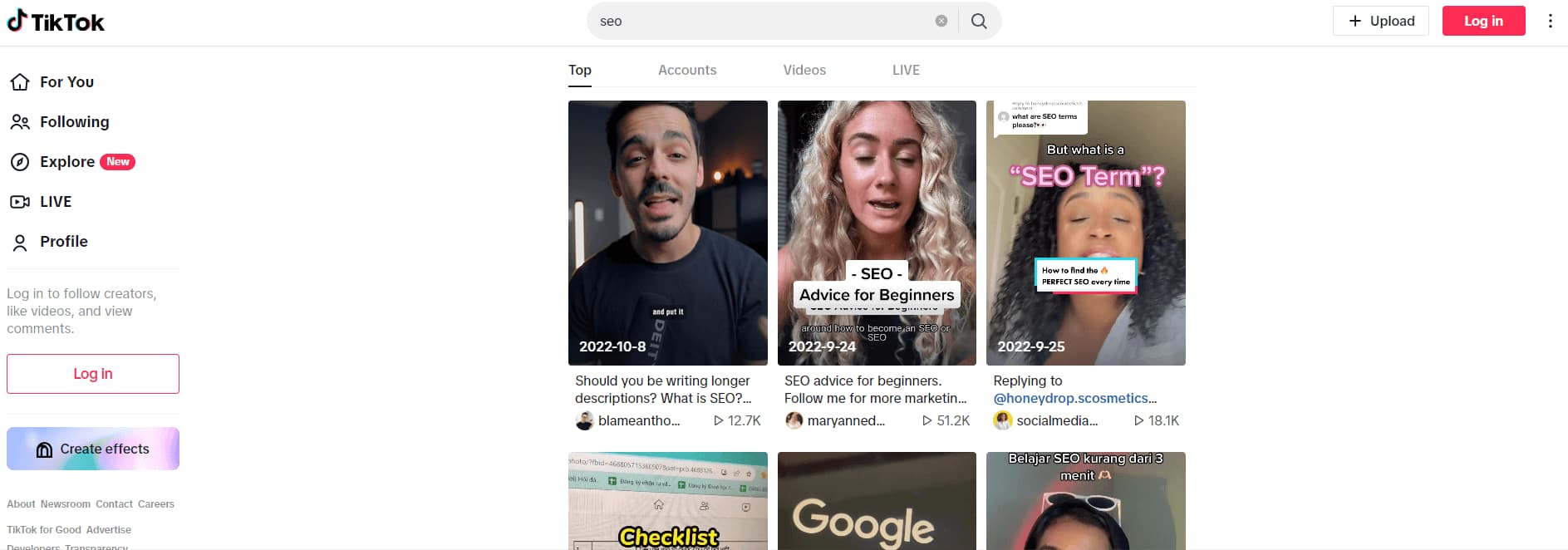
TikTok has rapidly become a favorite among younger audiences. Optimizing your content for this platform involves using trending sounds and hashtags, as well as creating short, engaging videos that capture attention. Collaborating with influencers and participating in challenges can also boost your visibility.
8. Quora
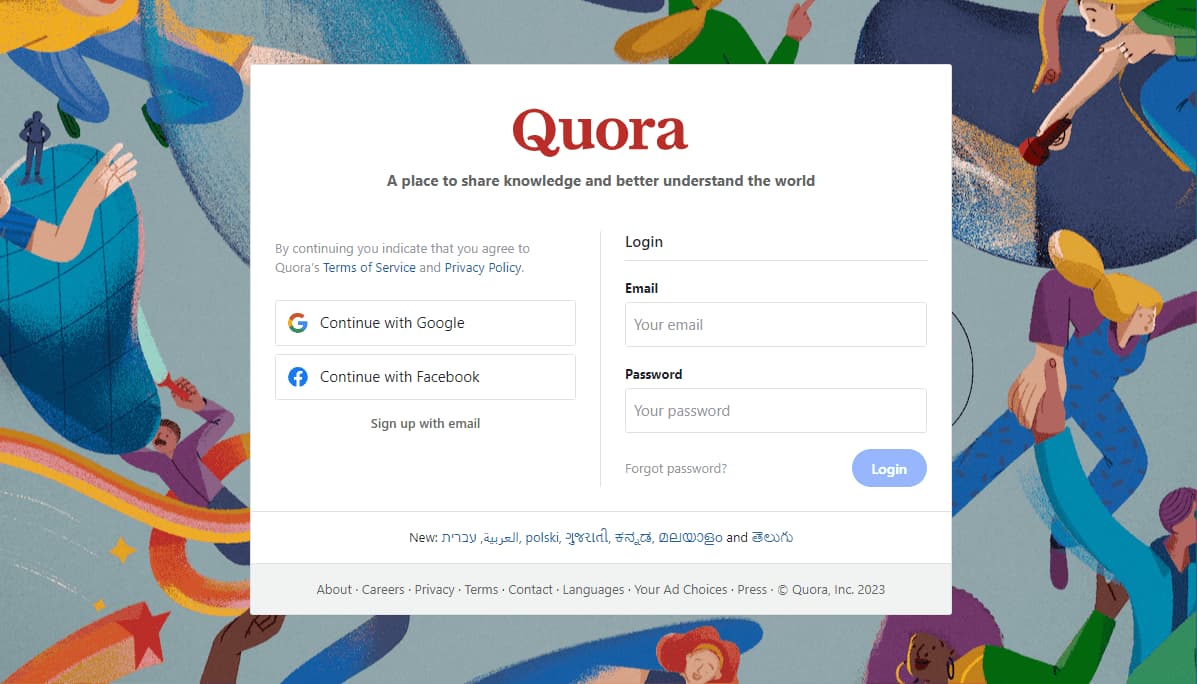
Quora is a question-and-answer platform where providing thorough, expert answers to relevant questions can drive traffic to your site. Including keywords naturally in your responses and linking back to your content, where appropriate, can enhance your SEO efforts on this platform.
How Social Media Affects SEO
Social media and SEO, though operating independently, have a symbiotic relationship that can significantly impact your online visibility and search engine ranking. This chapter delves into the various ways in which social media influences SEO and how leveraging this relationship can benefit your digital marketing efforts.
| Increased Web Traffic | Active social media profiles drive traffic to your website, contributing to the overall volume of visits. Search engines take note of this traffic, especially if users spend a substantial amount of time on your site, potentially leading to improved search rankings. |
| Content Distribution | Social media is a powerful platform for content distribution, ensuring that your content reaches a wider audience. This increased visibility can lead to more shares, likes, and comments, enhancing your content’s reach and engagement, which are positive signals to search engines. |
| Link Building | While links from social media sites are typically nofollow and do not directly contribute to SEO, the exposure your content receives on social media can lead to natural link building. For example, a blogger or journalist might come across your content on social media and choose to link to it from their own site. |
| Improved Content Lifespan | Content shared on social media continues to generate engagement long after it has been published, extending its lifespan. This ongoing engagement can lead to sustained traffic to your site and can be a factor in how search engines evaluate the relevance and value of your content. |
| Social Profiles Ranking in Search Engines | Social media profiles often rank highly in search engine results for brand names. Ensuring that your social profiles are optimized and provide a positive representation of your brand can contribute to a strong online presence. |
| Local SEO Boost | Social media platforms, particularly those with location-based services like Facebook and Instagram, can play a significant role in local SEO. Encouraging customers to leave reviews and tag your location can improve your visibility in local search results. |
| Enhanced Content Indexing | Search engines index content more quickly when it is being talked about and shared on social media. This faster indexing can be beneficial, especially for timely or event-related content. |
| Social Signals | While the impact of social signals (likes, shares, comments) on SEO is a topic of debate, there is consensus that high engagement on social media correlates with positive SEO outcomes. Engaging content tends to attract more backlinks, and it signals to search engines that the content is valuable and relevant. |
| Brand Awareness and Authority | A strong social media presence contributes to brand awareness and perceived authority. When users recognize and trust your brand, they are more likely to click on your content in search results, which can positively impact click-through rates and, subsequently, rankings. |
| User Behavior Data | Social media provides valuable data on user behavior and preferences. Analyzing this data can inform your SEO strategy, helping you to create content that resonates with your audience and meets their search intent. |
How to Successfully Combine SEO and Social Media For Better Results
In today’s digital landscape, integrating SEO and social media strategies is crucial for achieving optimal online presence and engagement. This chapter provides a comprehensive guide on how to synergize these two vital components of digital marketing to enhance your brand’s visibility and audience engagement.
1. Align Your Content and Social Media Teams
Fostering collaboration between your content and social media teams is paramount. Ensure that both teams are on the same page regarding goals, target audience, and messaging. Regular meetings and shared planning documents can help maintain alignment and encourage idea sharing.
2. Share Your SEO Content on Social Media
Leverage your social media platforms to distribute your SEO-rich content. This not only increases the reach of your content but also drives traffic back to your website, potentially boosting your search engine rankings.
3. Make Sure SEO Content is Optimized for Sharing
Ensure that your SEO content is share-friendly. This includes having compelling titles, meta descriptions, and using Open Graph tags for optimized display on social media platforms. Additionally, include visually appealing images and easy-to-use sharing buttons.
4. Cross-Promote on Both Channels
Utilize both SEO and social media channels to cross-promote content. For instance, include social media feeds on your website and links to your latest blog posts in your social media bios. This creates a seamless experience for your audience, regardless of the platform they are using.
5. Make It Easy for People to Share Your Posts
Eliminate any barriers to sharing your content. Incorporate social sharing buttons on your website and encourage users to share content by adding call-to-actions in your posts. Making sharing effortless increases the likelihood of your content being disseminated wider.
6. Take Advantage of Two-Way Retargeting
Implement retargeting strategies to capitalize on the traffic from both SEO and social media. Use SEO to attract visitors to your site, and then use social media retargeting ads to keep your brand top-of-mind. Conversely, drive social media followers to your website and use SEO retargeting to show them relevant content based on their social media interactions.H2 Streamline Your Social Media SEO Strategy
Success in Both SEO and Social Starts With Great Content
Mastering the art of digital marketing requires a firm foundation in creating high-quality content that resonates with your audience. Both SEO and social media thrive on content that is engaging, informative, and shareable. This chapter delves into the crucial role of content in SEO and social media, and how to craft content that excels in both arenas.
| Content is King | At the heart of SEO and social media lies content. Search engines reward websites that provide valuable and relevant information, while social media platforms are the stage on which your content performs. The synergy of these two elements is essential for digital marketing success. |
| Understand Your Audience | To create content that resonates, you must first understand your audience. What are their needs, interests, and pain points? Use tools and analytics to gather data on your audience’s behavior and preferences. This information will guide your content creation, ensuring it is tailored to your target demographic. |
| Quality Over Quantity | In the realm of SEO and social media, the quality of your content far outweighs the quantity. Focus on producing well-researched, well-written, and visually appealing content. High-quality content is more likely to be shared on social media and rank well in search engine results. |
| Optimize for Search and Shareability | Your content should be optimized for search engines, incorporating relevant keywords, meta tags, and alt text. Simultaneously, it should be shareable on social media, with attention-grabbing headlines and images, and easy sharing options. |
| Consistency is Key | Regularly publishing high-quality content helps to establish your brand as an authority in your field. Consistency also plays into the algorithms of both search engines and social media platforms, enhancing your visibility and reach over time. |
| Engage with Your Audience | Content is a tool for engagement. Encourage your audience to interact with your content through comments, shares, and likes. Respond to comments, ask for feedback, and participate in conversations. Engagement not only builds community but also signals to search engines and social media platforms that your content is valuable. |
| Analyze and Iterate | Use analytics to track the performance of your content. Which pieces are performing well? Which are not? Use this data to refine your content strategy, focusing on what works and improving areas of weakness. |
| Embrace Multimedia | Diversify your content with a mix of text, images, videos, and infographics. Different formats appeal to different segments of your audience and enhance the overall engagement with your content. |
In conclusion, great content is the linchpin of successful SEO and social media strategies. By focusing on quality, relevance, and engagement, you can create content that not only ranks well in search engines but also resonates with your audience on social media, leading to increased visibility, engagement, and success.
Social Media Signals Checker to Track URL’s Social Media Shares and Comments Count
The Social Media Signals Checker tool by SiteChecker is an invaluable asset for digital marketers and content creators seeking to gauge the impact of their content on social media platforms. In an era where social media engagement is a key indicator of content success and reach, this tool provides an easy way to track how many shares and comments a URL has garnered across various social networks. It’s essential for understanding how content resonates with audiences and for strategizing on content promotion to maximize online visibility and engagement.
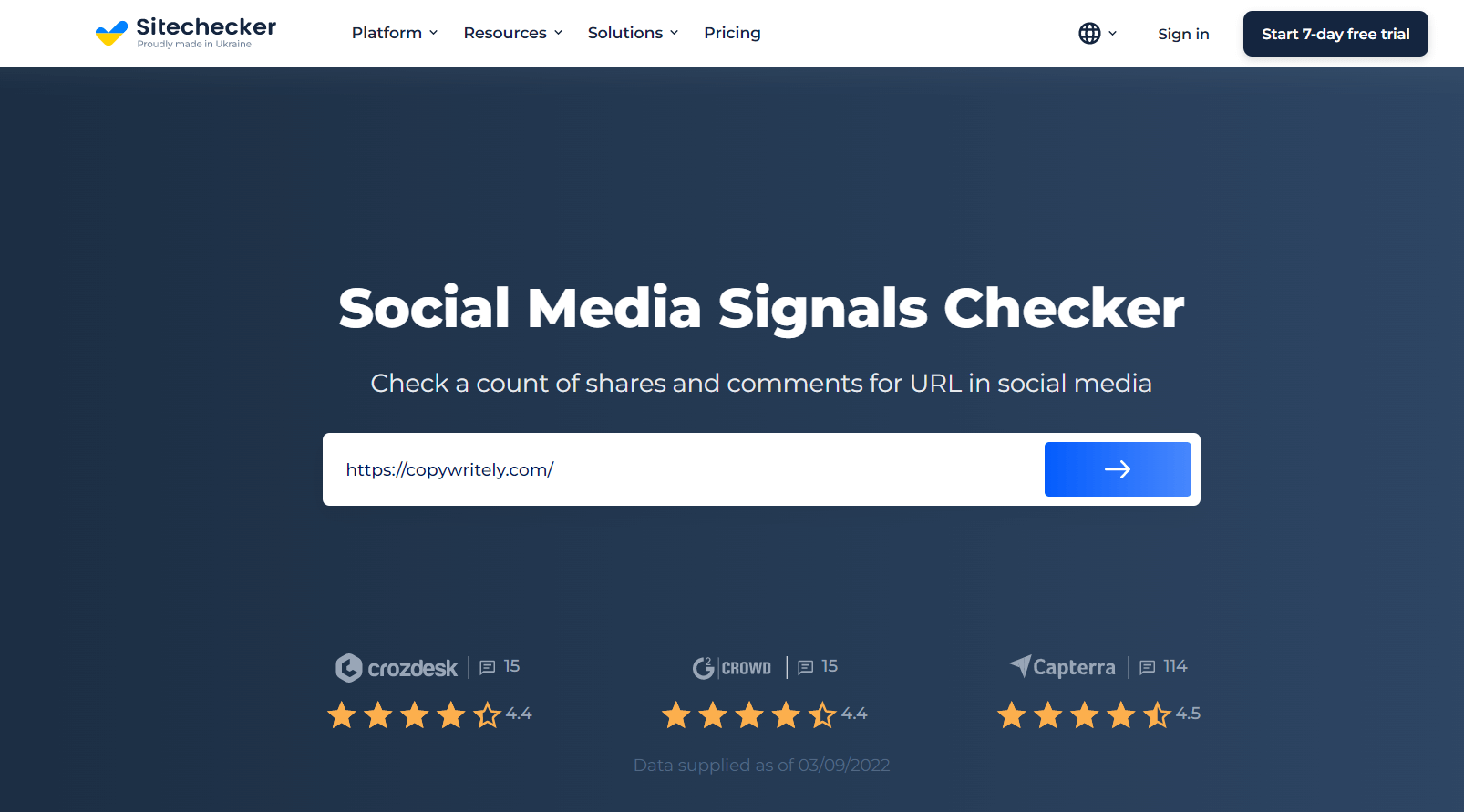
Beyond just counting shares and comments, this tool offers insights into the specific social platforms where the content is performing well, allowing users to tailor their social media strategies accordingly. It also helps in identifying trends and patterns in audience engagement, which can inform future content creation and distribution. The Social Media Signals Checker is user-friendly, providing quick and clear analytics that are crucial for anyone looking to enhance their presence and influence on social media.
Track Your Content's Social Success!
Elevate your digital strategy with our Social Media Signals Checker.
Conclusion
In this comprehensive guide, we’ve explored the intricate relationship between social media and SEO, delving into how they influence each other and the strategies to leverage both for maximum impact. It’s evident that a holistic approach, integrating both SEO and social media strategies, is crucial for boosting online visibility, driving traffic, and engaging with your target audience effectively.
We’ve unpacked the various aspects of Social SEO, highlighted the importance of platforms such as Instagram, Facebook, LinkedIn, and others, and provided actionable tips on how to synergize your efforts across both channels. The role of high-quality, engaging content has been underscored as the cornerstone of success in both SEO and social media realms.
As the digital landscape continues to evolve, staying adaptable, informed, and strategic in your approach will ensure that your brand not only survives but thrives. Remember, the journey towards SEO and social media mastery is ongoing, and the key is to remain diligent, creative, and always ready to embrace new trends and technologies.


